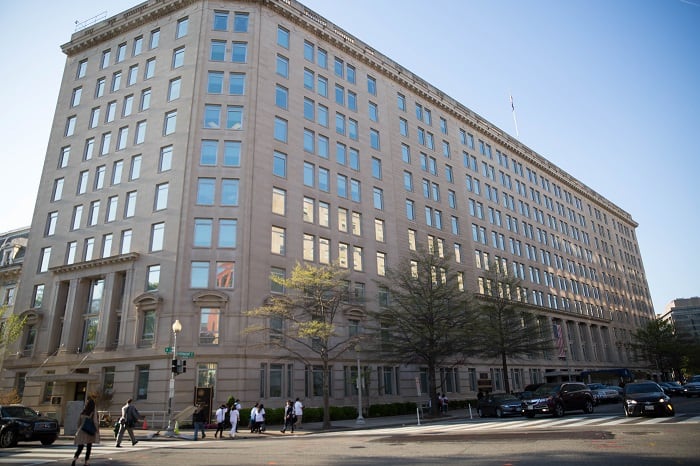The fleet's top submariner said getting sub crews the sleep they need is a necessary culture change inside a force that has long viewed sleep as a luxury.
"There is a huge body of evidence that says people perform better if they get enough sleep and they get it at about the same time every day," said Vice Adm. Michael Connor, head of Submarine Forces. "Pretty simple and it's been generally ignored for the entire history of the nuclear submarine force."
Connor, who spoke Oct. 23 at the Naval Submarine League's annual conference before an audience of hundreds of submarine sailors, vets and contractors, said he's "avoiding being prescriptive," but added a big part of getting crews more rest is delivering a message to sub skippers: It's OK for sailors to rest. Adequate sleep is a prerequisite before aviators fly and tiredness often is a factor in mishaps, like the 2012 collision between cruiser San Jacinto and attack sub Montpelier.
"Part of it is telling these COs ... it's OK that the measurement of success isn't that everybody on your ship is working as hard as they possibly can to the point that they are exhausted," Connor said. "It's that they work hard enough to learn their jobs — to be effective — but still give them enough time to think and relax, and maybe give them enough time to think about how they can make your ship better.
"And that sounds simple to say, but those of you in the business know that there is a certain chunk of our force that is only satisfied if they have worked themselves to complete exhaustion. And we forget about that once we leave the ship but many of you were basically tired from age 22 to 42, sound about right?" continued Connor, a former commanding officer of the attack sub Seawolf.
Among the watchbills tried: three eight-hour watch rotations. These are two-hours longer than the typical six-hour watch cycle and have the benefit of allowing sailors to sleep at the same time during every 24-hour cycle.
The key is, he said, to say crew rest is a priority and to let sub leaders figure it out on their own.
"This is new to a lot of people, it's not what they did their whole career," he said. "We can't give a one-size-fits-all, but we wanted them to adopt the principles."
Connor said that, so far, boats have responded well. He noted one ship that did the eight-hour rotation but the morning shift got tired of eating breakfast before getting on watch. "So their solution was — and I would never have thought of this — the watches stay the same but the meals change. So, we're leaving it up to them."
The submarine force has made sleep a higher priority in recent months, and there are signs that the surface Navy may be coming around as well, though manning shortfalls and a work-till-you-drop culture remain obstacles.
Dr. Nita Shattuck, a professor at the Naval Postgraduate School who is one of the Navy's foremost experts on fatigue and human performance, said in early October that fighting fatigue sometimes means fighting leadership.
"There are chiefs and [surface warfare officers] who either don't encourage or don't allow their sailors to get enough sleep," Shattuck said. "They think, 'Well, this is the way it was for us, so this is how it should always be.' "
On one ship, Shattuck discovered that some chiefs were forbidding sailors delinquent in their qualifications from hitting their racks until they had gotten signatures and studied.
"It's counterproductive," she said. "If you are sleep-deprived, you're not creating the right conditions to retain what you are learning."
David B. Larter was the naval warfare reporter for Defense News.




